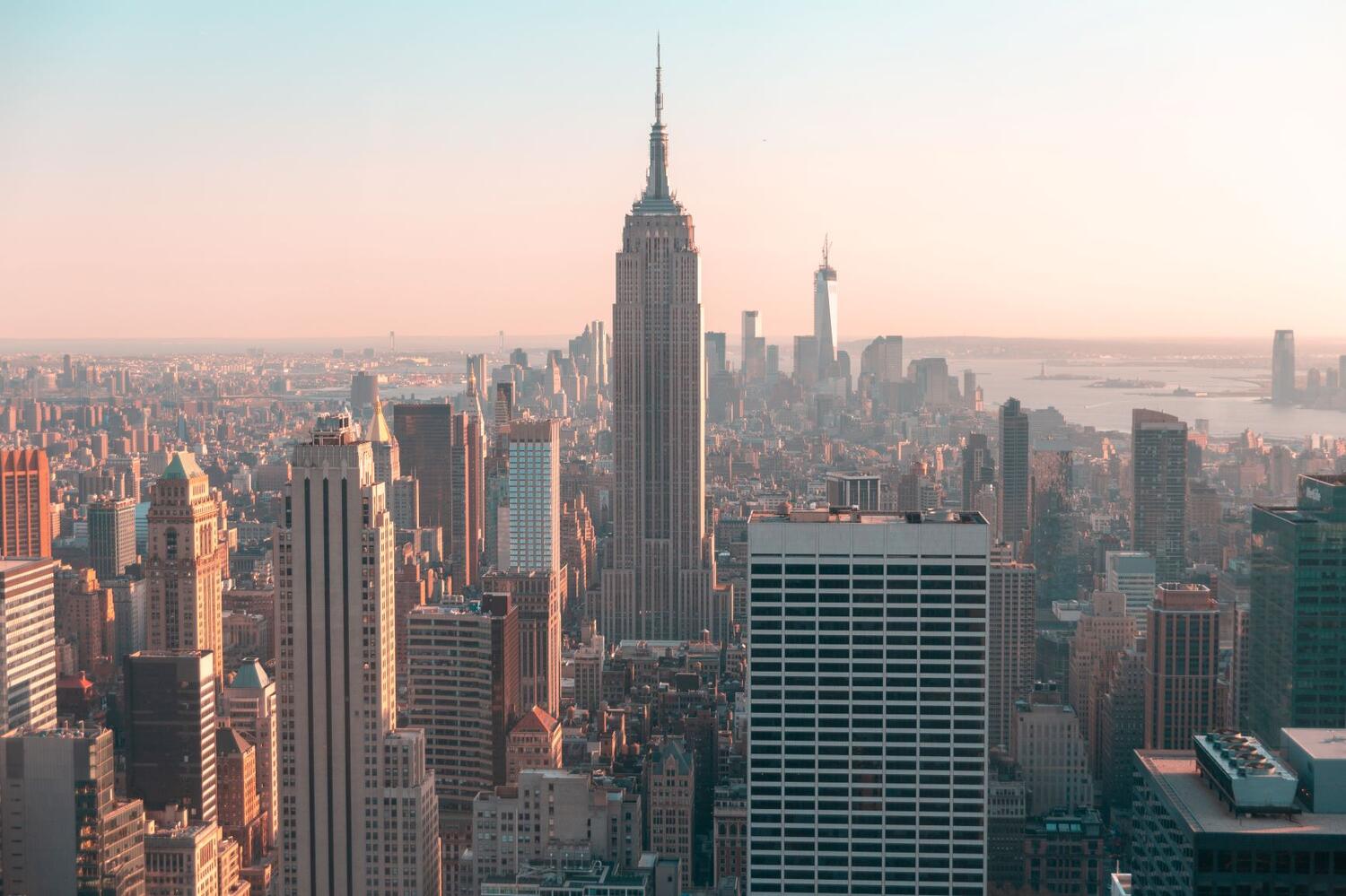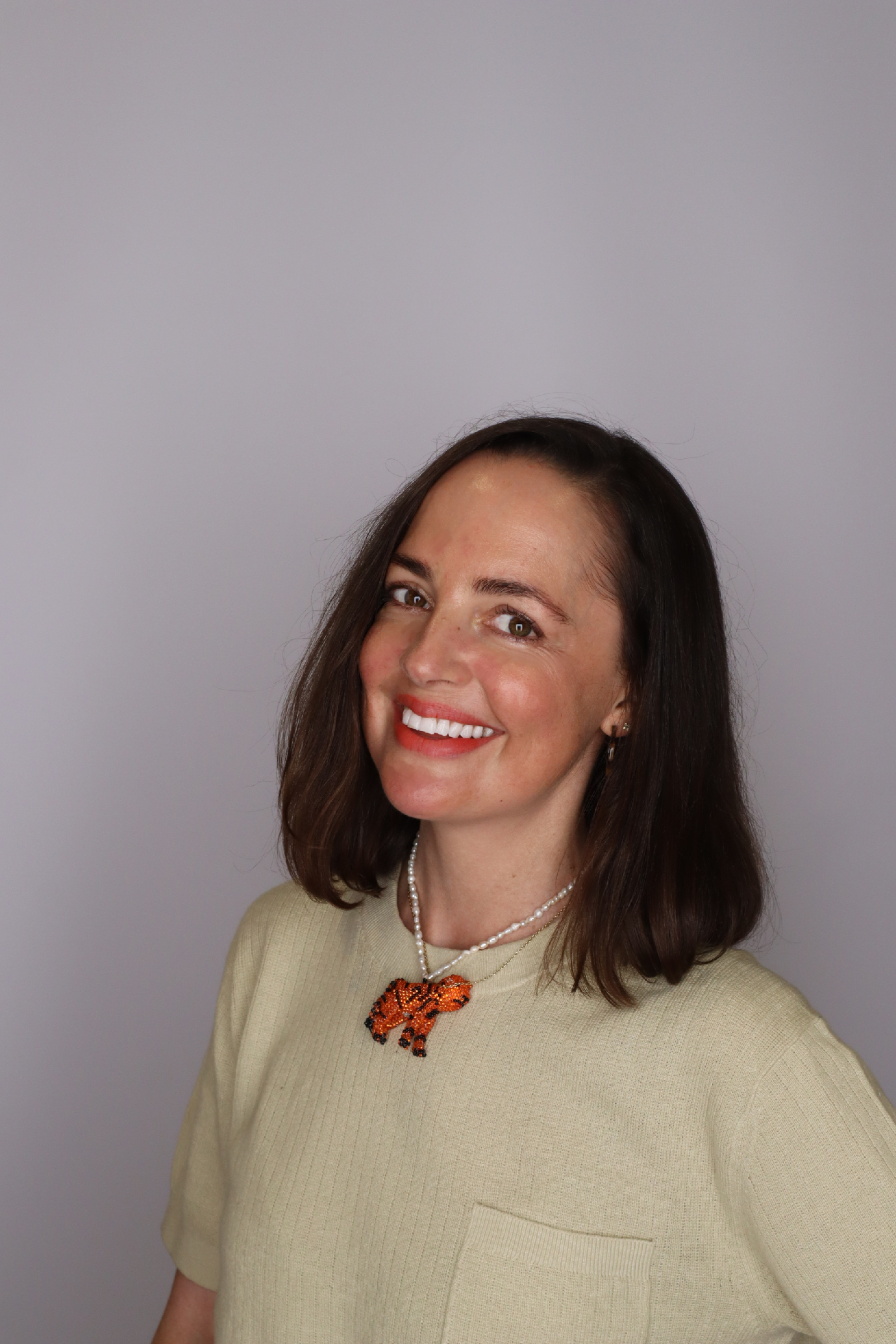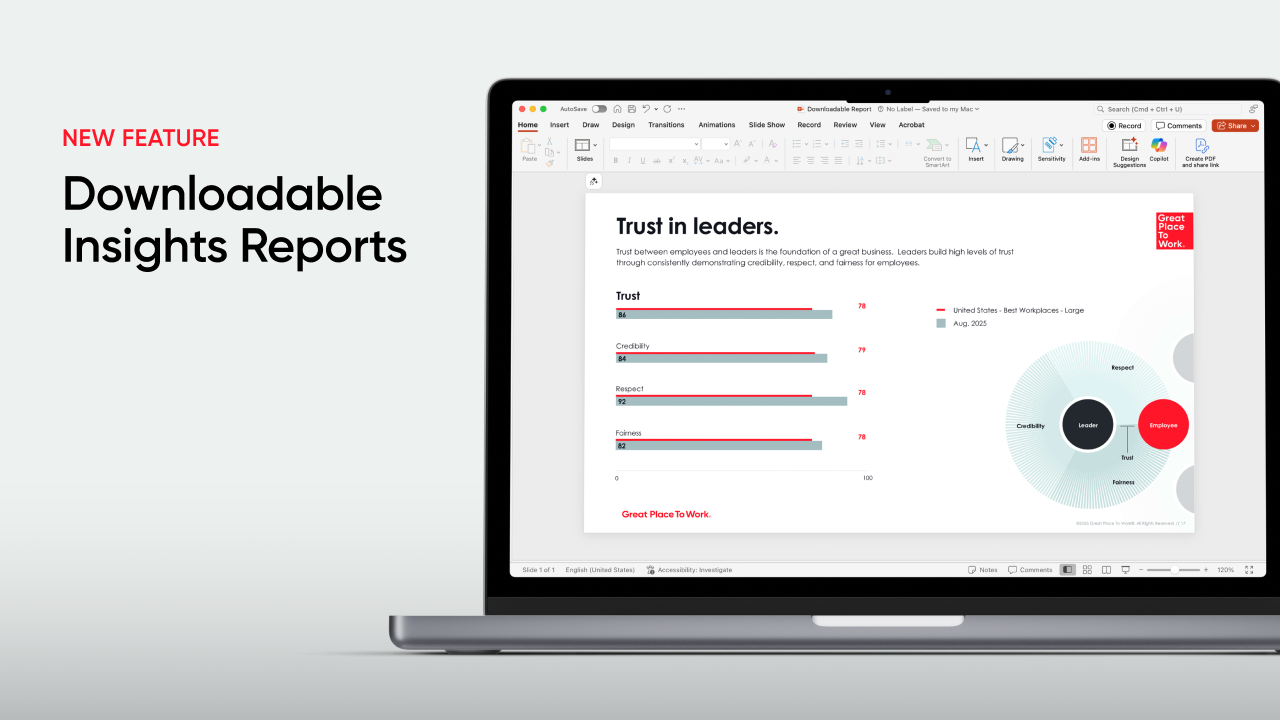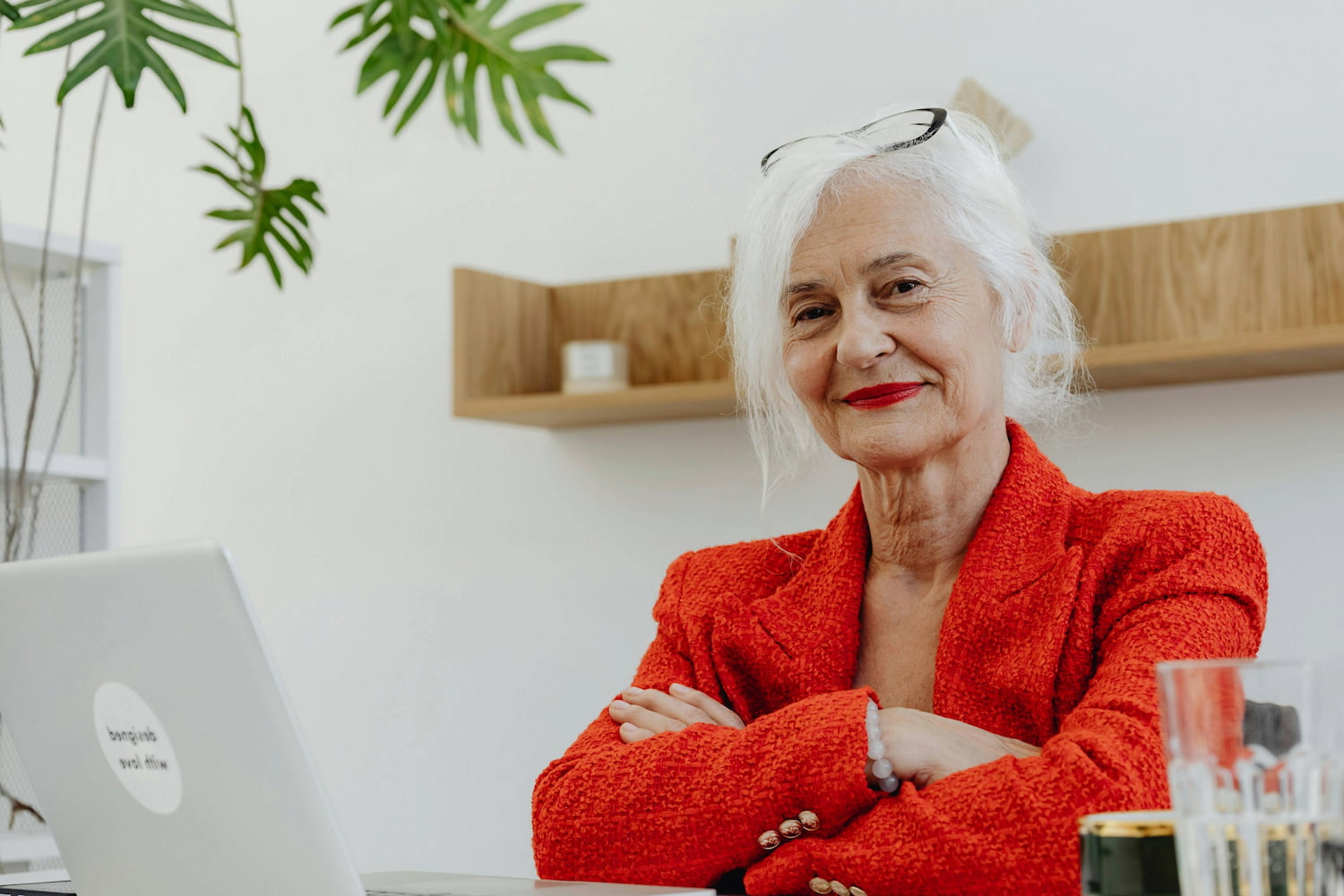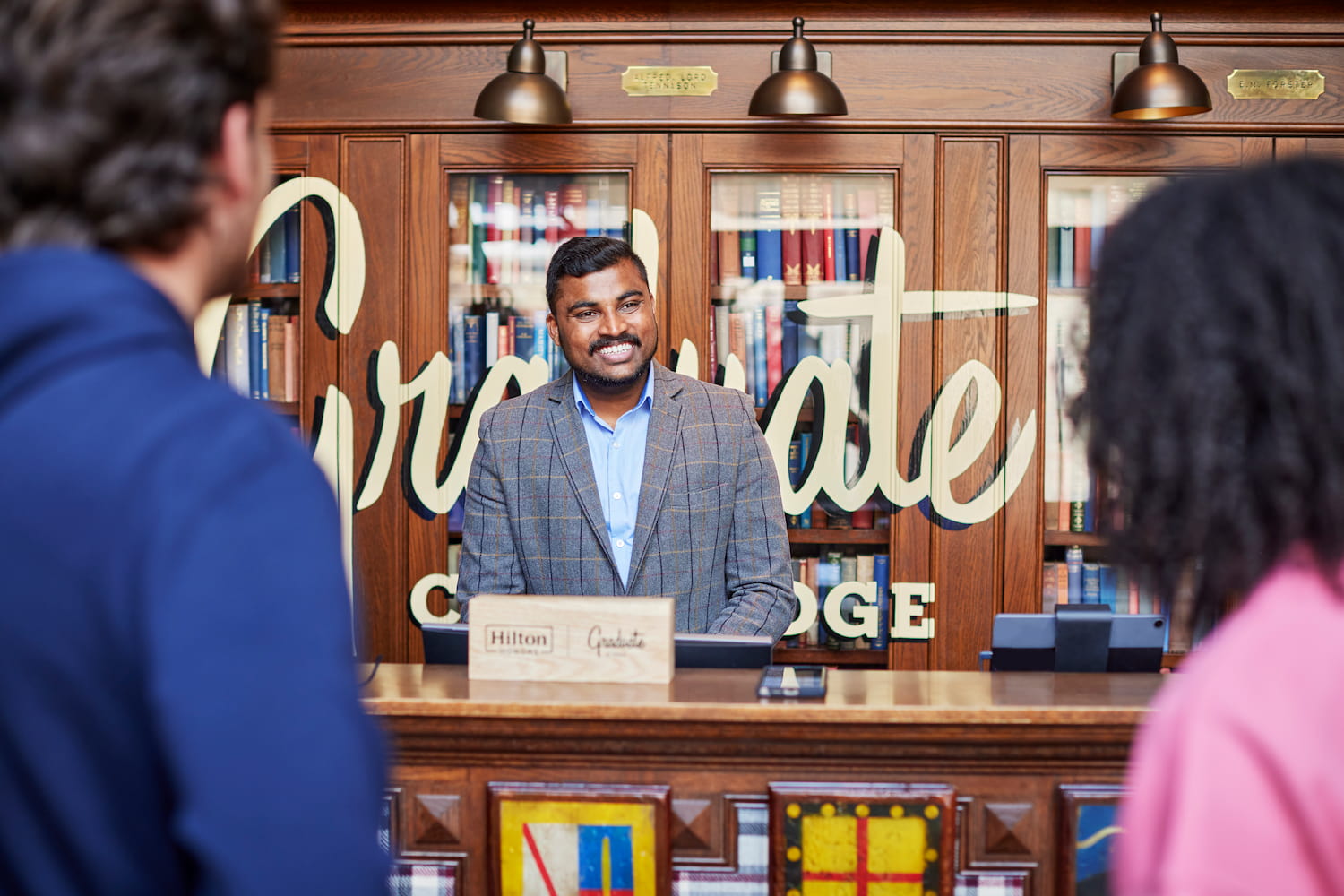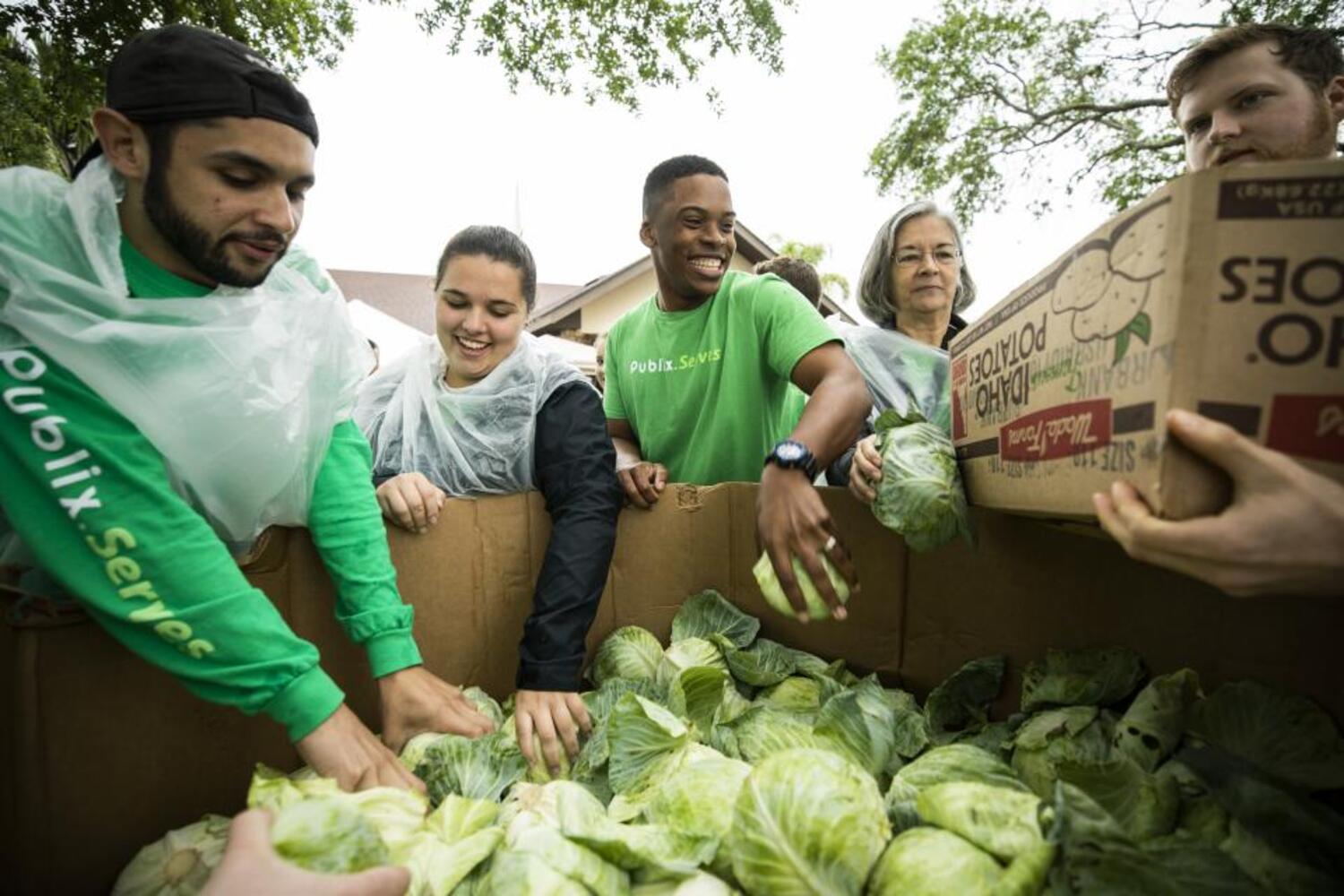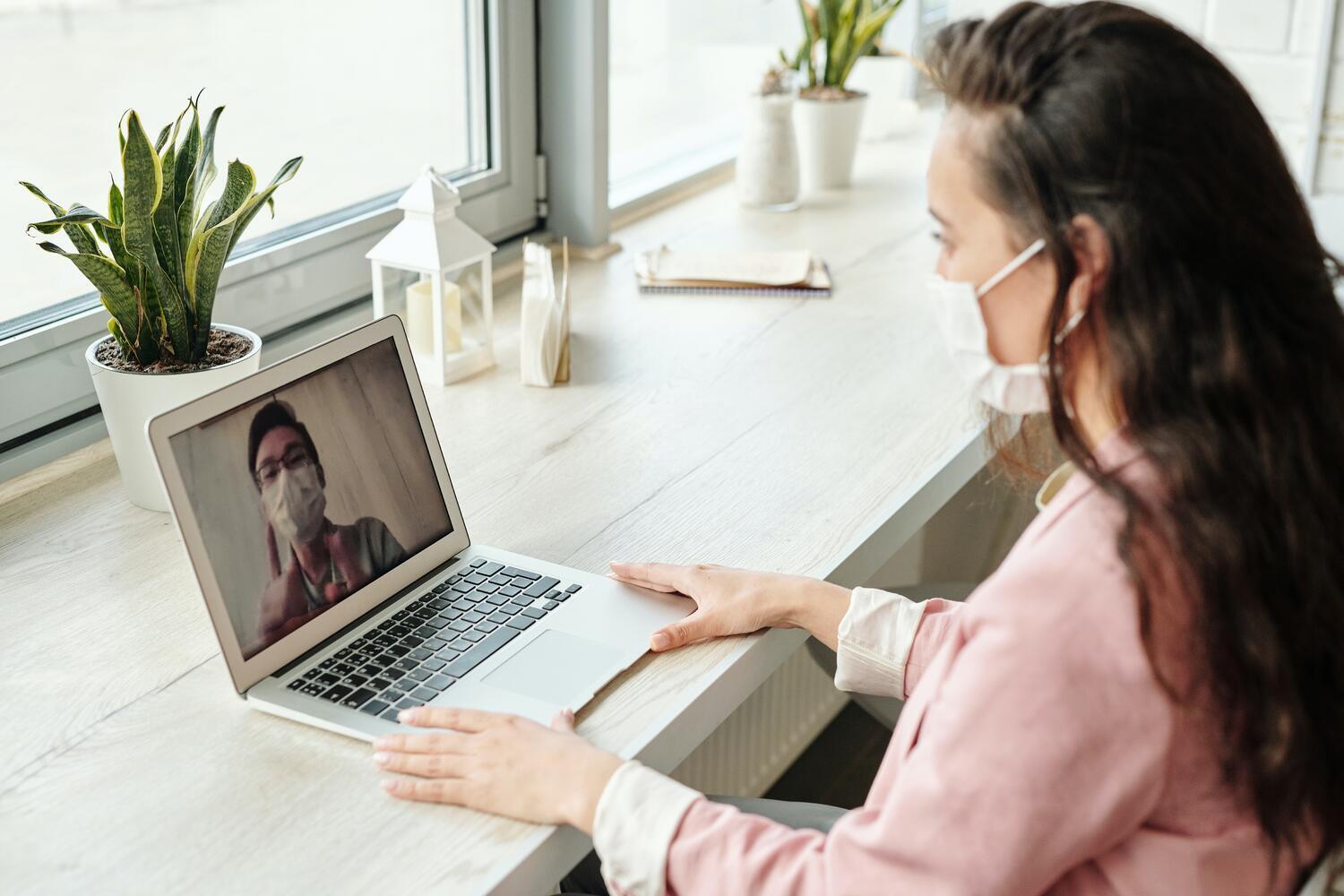New York is famous for its creativity, its grit, its larger-than-life-ness.
Those traits have been in full effect at the Best Workplaces in New York™ during the past few challenging months — a period when the New York region was an epicenter of the COVID-19 pandemic.
The 70 organizations on this list earned their spots based on data collected prior to the health crisis. But leaders and employees at the Best Workplaces in New York have stood out for their resilience, generosity and imaginative responses to the pandemic, economic downturn and more recent racial justice protests.
Here are a few of the striking ways these organizations have cared for employees, for customers and for the community amid turbulent times.
Blanket forts at LaBella Associates
Rochester, NY-based engineering firm LaBella Associates is one of many Best Workplaces in New York that has taken its social responsibility seriously during the coronavirus crisis. Employees donated more than $15,000 to its national United Way campaign – a record amount for the company.
But the organization also tapped into its playful side to help parents feel heard amid stressful weeks. To celebrate National Architecture Week in April, LaBella challenged employees to construct blanket forts at home with their families. Employees submitted photos of the completed forts and a fake real estate listing highlighting features of the fort.
“This spacious blanket fortress comes with plenty of scooter parking and a guard dog to keep all your toys safe,” read one employee’s fort description. “A secret tunnel leads to a ball pit bunker in the event you just need to escape chores — your parents will be virtually incapable of finding you!”
Combatting discrimination at Cooley
Law firm Cooley has made racial justice and inclusion central in recent months. As part of Asian American and Pacific Islander Heritage Month, Cooley’s Diversity & Inclusion team reach out to Dr. Russell Jeung, professor and chair of Asian American studies at San Francisco State University and a leading academic authority on COVID-19-related anti-Asian discrimination.
The two presented research findings on the political rhetoric and media representation of the disease, as well as actions citizens can take during this critical time. More than 600 employees tuned into the virtual presentation.
In the wake of the killing of George Floyd, Cooley also was among the organizations to publicly commit to continuing the fight for racial justice and a more equitable society for all. Cooley’s Black Attorney Affinity Group ERG, has been instrumental in the company’s response.
The group compiled and distributed a comprehensive “Allyship & Anti-Racism Resource Kit” filled with literature, documentaries, films, organizations and charities to deepen and expand the understanding of allyship and what it means to be anti-racist and to encourage education, engagement and action.
Putting minds at ease at PwC
Employees at the professional services firm PwC were able to breathe easier at the outset of the pandemic. Their US Chair and Senior Partner, Tim Ryan, came out early during the pandemic and announced that PwC would honor entry-level offers to graduating students, make full time job offers to their summer 2020 interns.
“At PwC, we have adopted the principle that we will only consider laying off employees as a last resort,” Ryan wrote in a LinkedIn article. “We are grateful that our people have adapted quickly to the ‘new normal’ of serving our clients remotely. Ultimately, we recognize that if we attempt to protect our profits this year by sacrificing our people, we may lose out both in the short and long run.”
Ryan and his team have also personally led weekly town halls throughout the pandemic — addressing the firm's commitment to safety and well-being, serving clients virtually — and more recently leading discussions on racism.
At the same time, PwC has not scrimped on charitable efforts. The PwC Charitable Foundation, Inc. has committed over $3.5 million to support at-home learning for underserved students, reduce food insecurity and help deliver critical protective equipment to healthcare workers.
Giving credit where It’s due at ESL Federal Credit Union
Faheem Masood, CEO of ESL Federal Credit Union made a bold pledge. Early in the pandemic, Faheem assured employees of the Rochester-based credit union that they would continue to receive their full pay during the crisis — even if not working all of their normally scheduled hours.
ESL Federal Credit Union also continued with its normal merit increase process, despite the crisis. What’s more, it awarded a $1,000 bonus to employees.
The organization also prioritized employee safety. Measures included social distancing in ESL headquarters and branches, as well as steps to protect front-line employees.
ESL maximized services in its drive-up lanes, limited services in its branch lobbies by making them available by appointment only and required front-line employees and customers to wear masks in a branch.
Even as it has focused on employees, ESL has looked out for customers. It waived many fees for customers and offered numerous ways to help with financial hardships they encounter — such as personal and business loan deferment, mortgage forbearance up to 180 days and no negative impact to credit reports for those using hardship offerings.
Helping employees and their families at Noom
Noom, which helps people build healthier habits to lose weight, helped its employees navigate prolonged periods of remote work. For the roughly 160 employees based at Noom’s headquarters in New York City, the company provided $1,000 for work-from-home materials and furniture, as well as suggestions for how to set up a productive workspace.
Since the headquarters team had become accustomed to daily office lunches provided by Noom’s in-office chef, the company also provided employees with a recurring $300-per-month food budget to ensure they have access to healthier foods.
Noom’s 1,700 full-time, remote coaches throughout the U.S. were already accustomed to working from home. Still, the company recognized that many of these employees faced the challenge of working in a more-crowded-than-usual household. To help, Noom sent 300 laptops and tablets to coaches’ family members who were also looking for ways to stay engaged with friends and family during the day.
See the full list of the 2020 Best Workplaces in New York™ here.


